Artificial intelligence (AI) is transforming our world at an unprecedented pace, redefining how we live, work, and interact. From enhancing everyday tasks to solving complex problems, AI’s potential is boundless. Here’s an insightful and engaging look into what AI is, its capabilities, and its impact on various sectors.
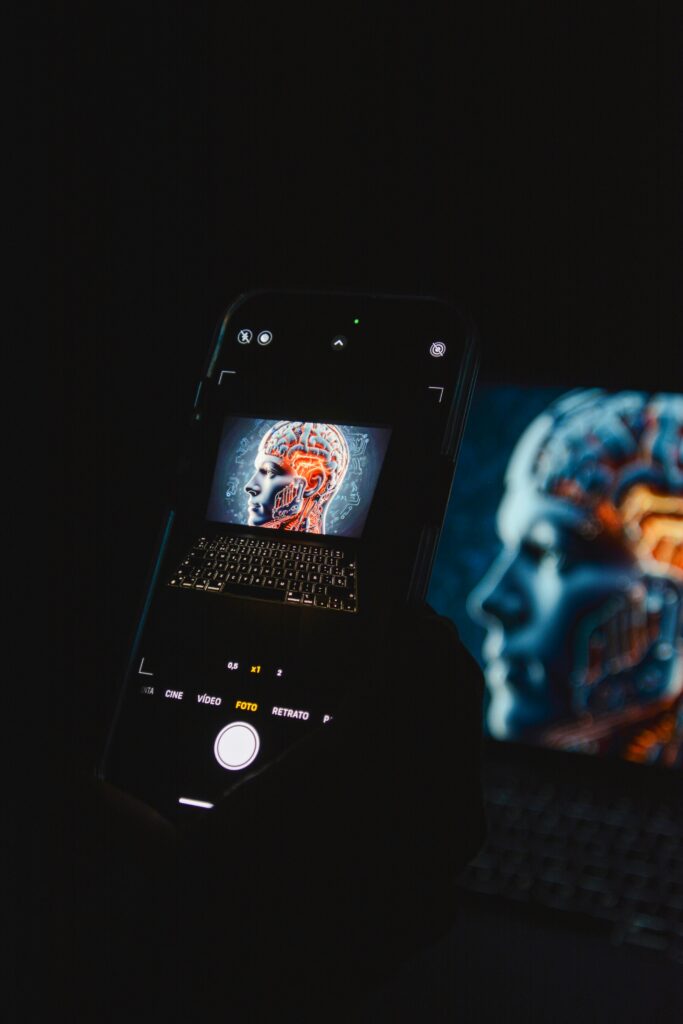
1. What is AI?
At its core, AI is the simulation of human intelligence processes by machines, particularly computer systems. These processes include learning (the acquisition of information and rules for using the information), reasoning (using rules to reach approximate or definite conclusions), and self-correction. AI is categorized into narrow AI, which is designed for a specific task, and general AI, which has the ability to perform any intellectual task that a human can.
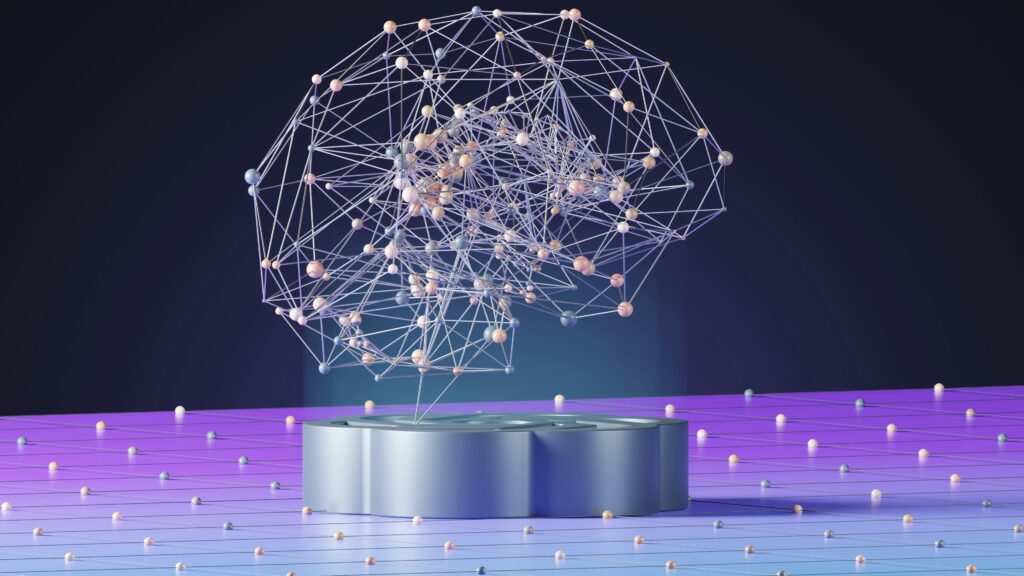
2. A Brief History of AI
AI’s journey began in the 1950s with pioneers like Alan Turing, who posed the question, “Can machines think?” The field has evolved significantly since then, from rule-based systems to the development of neural networks that mimic the human brain. Landmark moments include IBM’s Deep Blue defeating chess champion Garry Kasparov in 1997 and the rise of machine learning algorithms that can analyze vast amounts of data.
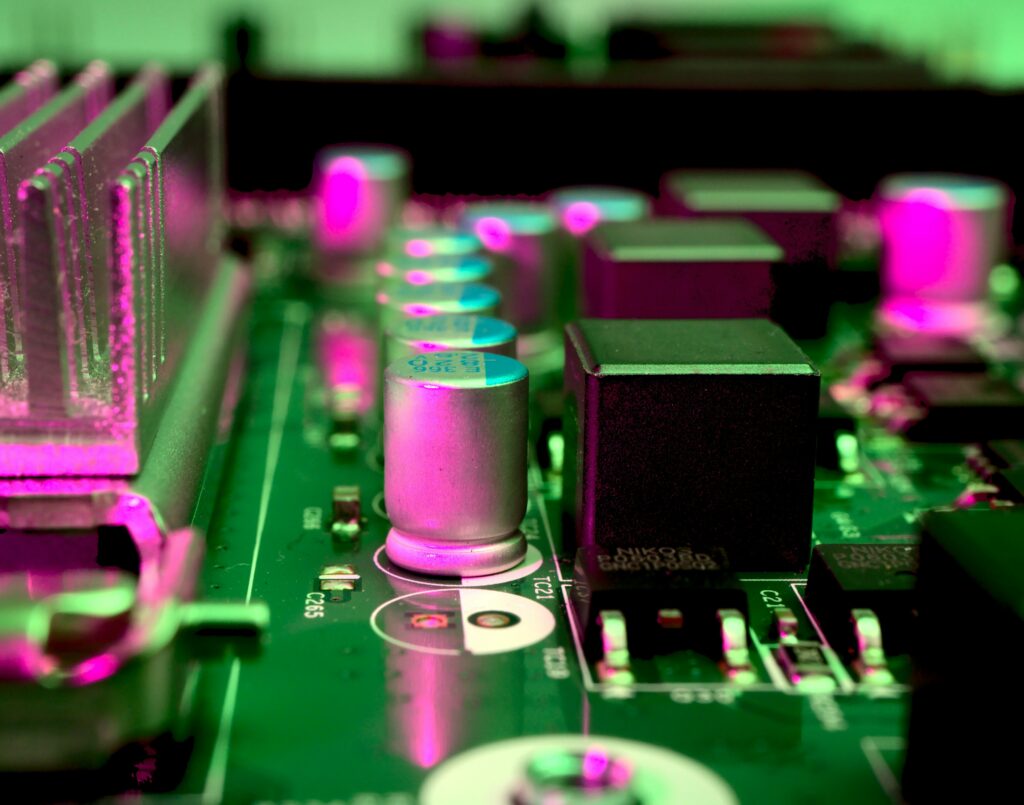
3. How AI Works: Machine Learning and Deep Learning
Machine learning, a subset of AI, involves algorithms that allow computers to learn from and make predictions based on data. Deep learning, a subset of machine learning, uses neural networks with many layers (hence “deep”) to analyze various factors of data. These technologies power everything from recommendation systems on streaming platforms to autonomous vehicles.

4. AI in Everyday Life
AI is seamlessly integrated into our daily routines. Voice assistants like Siri and Alexa use natural language processing to understand and respond to queries. AI algorithms curate social media feeds, recommend products, and even personalize learning experiences. AI’s influence extends to smart home devices, healthcare diagnostics, and beyond, making life more efficient and convenient.
5. AI in Healthcare: Transforming Medical Practices
AI is revolutionizing healthcare by enhancing diagnostic accuracy, personalizing treatment plans, and predicting patient outcomes. Machine learning models can analyze medical images to detect diseases like cancer at early stages, while predictive analytics help in managing chronic conditions and optimizing hospital operations. AI-driven drug discovery accelerates the development of new treatments, potentially saving countless lives.
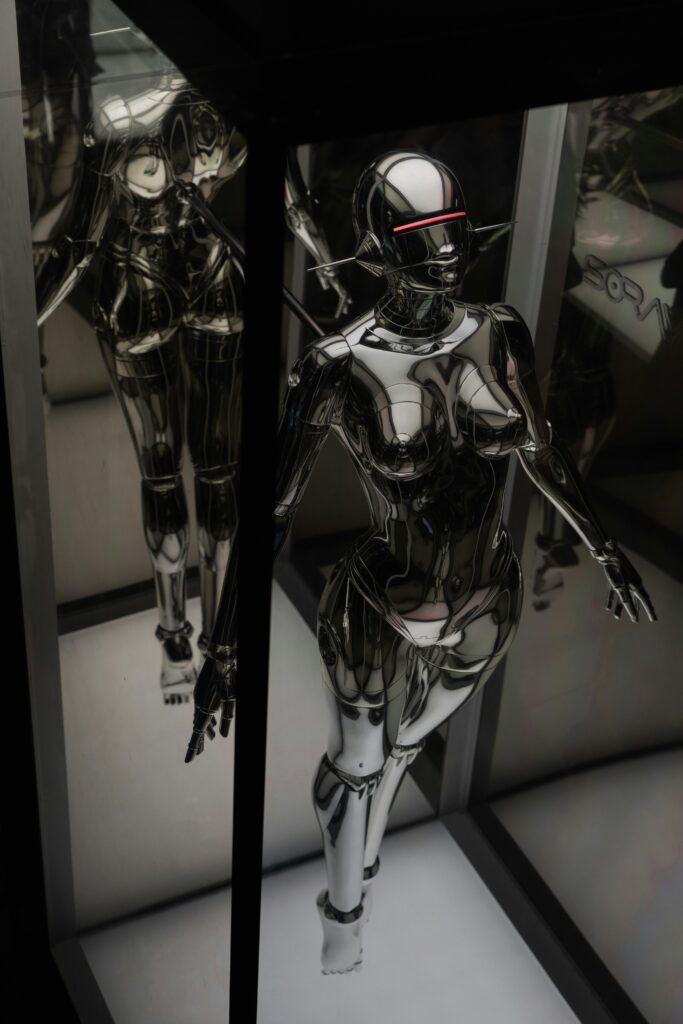
6. AI in Business: Driving Efficiency and Innovation
In the business world, AI streamlines operations, enhances customer service, and fosters innovation. Chatbots provide instant customer support, while AI-powered analytics offer deep insights into market trends and consumer behavior. Companies leverage AI for supply chain optimization, fraud detection, and targeted marketing, leading to increased productivity and profitability.
7. Ethical Considerations: Balancing Benefits and Risks
As AI advances, ethical considerations become paramount. Issues such as data privacy, algorithmic bias, and the potential for job displacement must be addressed. Ensuring transparency, accountability, and fairness in AI systems is crucial. Policymakers, technologists, and ethicists are collaborating to develop guidelines that promote responsible AI development and deployment.
8. AI and the Future of Work
AI is reshaping the workforce, automating repetitive tasks, and creating new job opportunities. While some fear job losses due to automation, others believe AI will augment human capabilities, leading to more fulfilling and creative roles. Upskilling and reskilling the workforce will be essential to thrive in an AI-driven economy, highlighting the importance of lifelong learning.

9. The Exciting Frontier: AI Research and Innovations
Recent breakthroughs in AI research promise to unlock new potentials. Innovations like generative AI, which can create realistic images and text, and advancements in robotics, where AI enables machines to perform complex tasks, are just the beginning. AI’s role in combating climate change, improving public safety, and exploring space further exemplifies its limitless possibilities.
10. Conclusion: Embracing the AI Future
The AI revolution is here, offering incredible opportunities and challenges. By understanding its fundamentals, staying informed about ethical considerations, and embracing continuous learning, we can harness AI’s power to create a better, smarter future. As AI continues to evolve, its impact on society will deepen, making it an essential tool for progress and innovation.
Conclusion Table: AI’s Impact Across Sectors
| Sector | Applications | Benefits |
|---|---|---|
| Healthcare | Diagnostics, treatment plans | Improved accuracy and efficiency |
| Business | Customer service, analytics | Enhanced productivity and profitability |
| Everyday Life | Voice assistants, smart homes | Convenience and efficiency |
| Research | Generative AI, robotics | New innovations and capabilities |
| Ethics | Data privacy, bias mitigation | Fair and transparent AI systems |
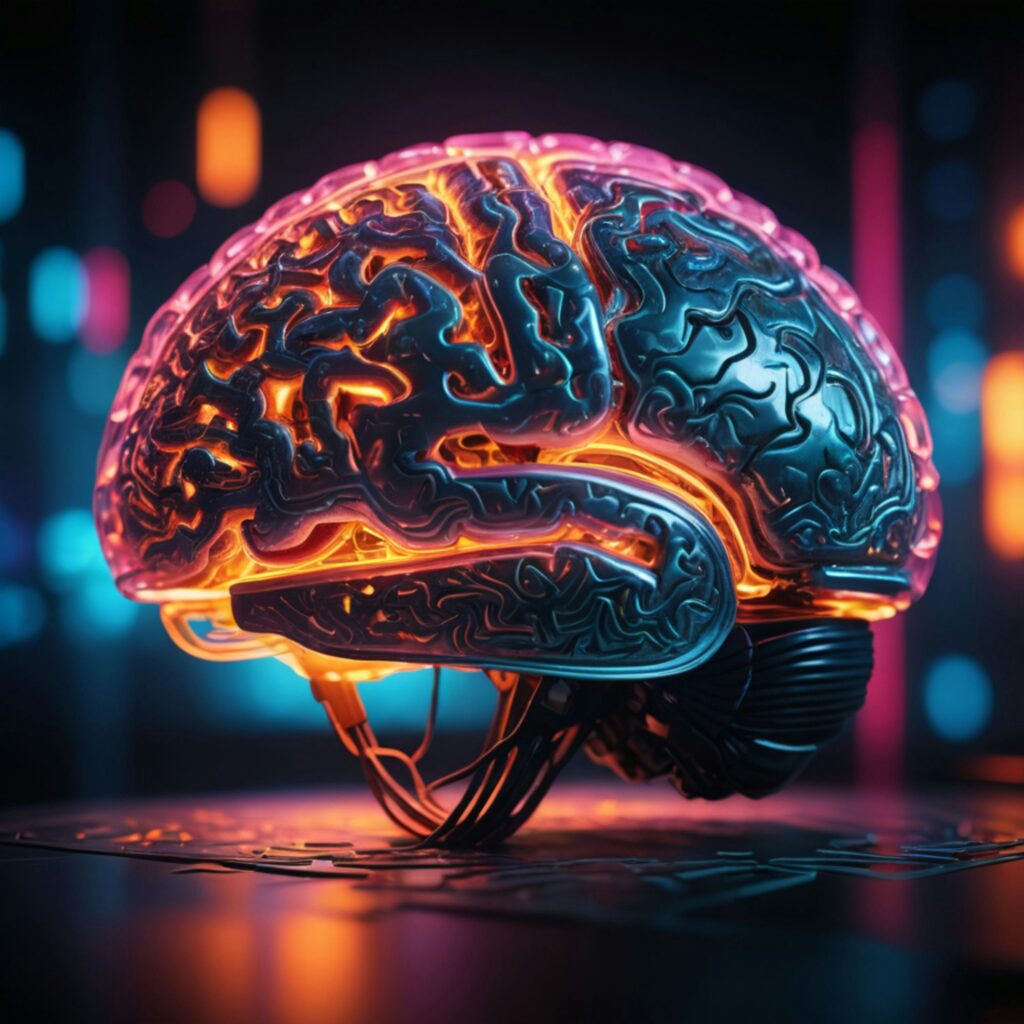
Final Thoughts
As we stand on the brink of a new era defined by intelligent machines, the importance of understanding and responsibly integrating AI into our lives cannot be overstated. Whether it’s through enhancing everyday conveniences, revolutionizing industries, or tackling global challenges, AI holds the promise of a brighter, more efficient future. Let’s embrace the AI revolution with curiosity, caution, and a commitment to making the world a better place.


